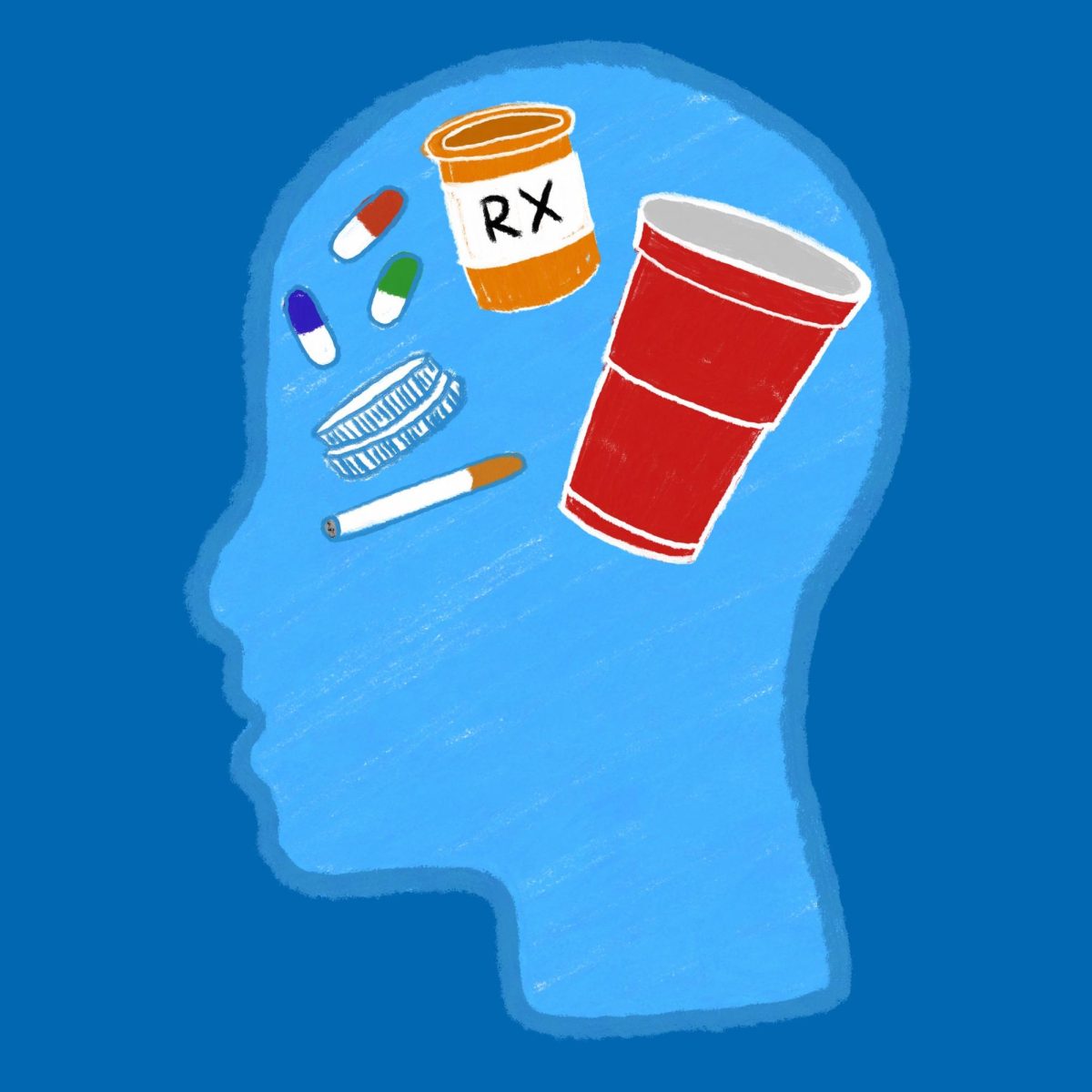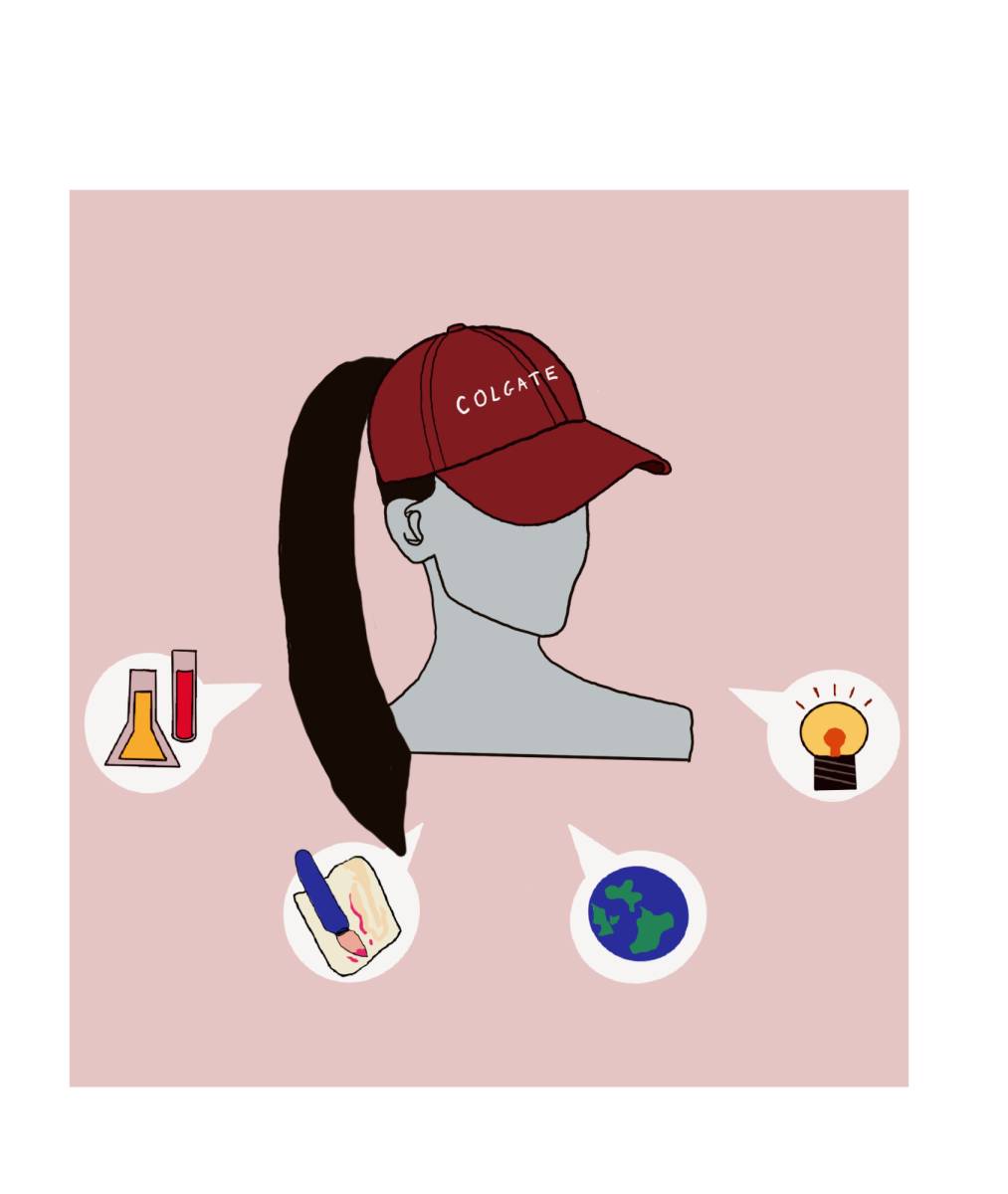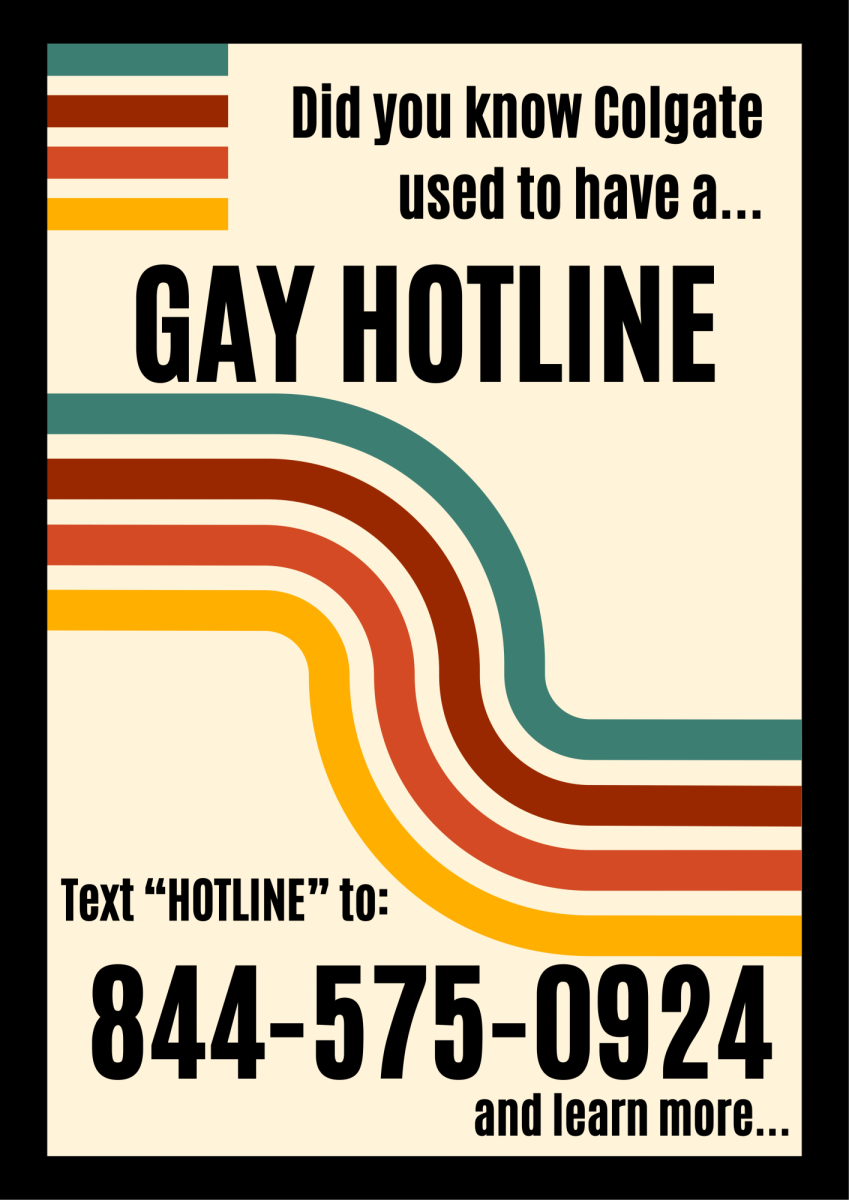In the wake of the overwhelming amount of recent drug overdoses across the United States, my initial reaction was one of disbelief. How could such tragedies persist despite the heightened awareness surrounding drug safety? Upon closer reflection of Colgate University, I came to realize that while people are increasingly cognizant of the dangers associated with drugs, there remains a significant lack of awareness on campus regarding the resources available to those with substance abuse issues or those wishing to better educate themselves on drug safety.
While Colgate’s dining halls, housing facilities and academic buildings are adorned with an array of posters addressing various topics, ranging from abusive relationships to eating disorders, there is a noticeable absence of information on another pressing issue facing our country: drugs. While they are not the most heavily advertised on campus, Colgate has a myriad of resources related to substance abuse issues and drug safety.
One notable educational resource is the Alcohol Skills Training Program (ASTP) program. ASTP is a training program that students can request. It teaches students how to handle situations in which individuals have misused alcohol. The program provides information about addiction and offers exercises to help students identify personal drinking cues, develop alcohol refusal skills and manage stress. ASTP consists of a combined 90-minute session, including a policy training component that focuses on the policies and procedures associated with hosting events with alcohol. These sessions are facilitated by trained professionals, who provide evidence-based information and encourage students to reflect on their attitudes and behaviors regarding drug safety.
Furthermore, Colgate’s Student Health Services (SHS) provides medical support for students dealing with substance-related issues. From basic health screenings to specialized addiction treatment referrals, SHS offers a holistic approach to addressing the physical and psychological aspects of substance abuse. Additionally, Colgate can connect students with local healthcare providers and treatment facilities if students need specific care that they cannot provide themselves.
Equally important is the availability of accessible support services for students in need. Community Leaders (CLs) receive training on identifying signs of substance abuse, intervening in emergencies and connecting students with appropriate resources. Through their presence and proactive outreach, CLs contribute to the overall culture of care and responsibility within campus housing. Colgate also has many resources at the drug counseling center, located in the Shaw Wellness Institute. These include support groups for those dealing with substance abuse issues, confidential one-on-one counseling and various educational programs. Therapy goes hand-in-hand with recovery in terms of substance abuse issues.
Lastly, upon orientation, all students are given the Colgate Campus Safety emergency and non-emergency phone numbers, which they can use at any time. The Campus Safety officers follow the medical amnesty rule, which protects those who seek medical attention for themselves or others as a result of illegal actions, such as illegal drug use, from facing a conduct violation or legal consequences. By destigmatizing help-seeking behaviors and fostering a supportive and non-judgmental environment, we can encourage students to seek the assistance they need to address substance use-related challenges effectively.
Whether we like it or not, drug use among some Colgate students will persist in varying degrees. As such, students should be equipped with a fundamental understanding of drug safety to prevent further loss of young lives to overdoses. Through education, awareness and proactive measures, we can endeavor to mitigate the risks associated with drug use and ensure the well-being of our community. Fostering an informed student body is the first step in combating the devastating impact of drug misuse and overdose. It is imperative that these resources are not only accessible but also advertised to students to encourage them to take advantage of the support Colgate offers. By equipping students with the knowledge, resources and skills needed to make safe and responsible choices regarding substance use, we can work towards preventing further loss of lives and promoting a culture of health and well-being on our campus and beyond.
















